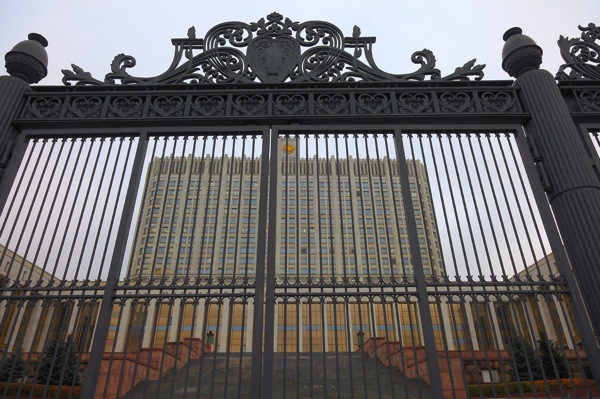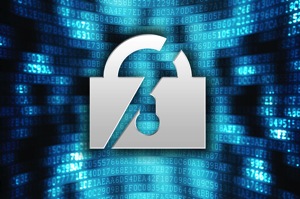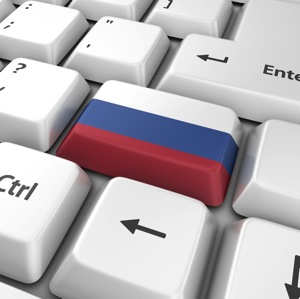The Looming End of Network Neutrality and How to Protect Yourself
 Let’s get this out right up front. I am a strong advocate for network neutrality.
ISPs like Comcast say that these regulations strangle innovation, and that all the concerns about how they might abuse their position are just paranoia.
Let’s get this out right up front. I am a strong advocate for network neutrality.
ISPs like Comcast say that these regulations strangle innovation, and that all the concerns about how they might abuse their position are just paranoia.
First a quick review. Network Neutrality is the principle that ISPs should not discriminate between the different sources of traffic on their network. My YouTube, your Facebook, his BitTorrent, her porn site, all should have the same access to, and performance on, the internet. In effect, the internet is like water or electricity, a utility delivered to your doorstep. Those utilities don’t get to control how I use those resources, or limit my ability to plug in certain brands of appliance. Similarly, the utilities should not be able to inject things into the water or send unwanted messages over your electric wires. They are just providing a simple service.
The big ISPs have a long history of abusing their near monopoly status. Way back in 2007, I wrote a blog on how Comcast was blocking BitTorrent traffic. Despite their repeated denials, the Associated Press was finally able to prove that they were.
In 2013, Comcast was called out for injecting code into the websites users were visiting. At that time the code was mostly notifying users that they were close to their data cap. To do this, Comcast is intercepting your connection to the website, reading the content, then modifying it to add their code before sending it on to you. They, and other ISPs, were still at it in 2015 despite all the backlash.
Now in late 2017, partly because of the Network Neutrality debate, we are seeing reports of this again. There is no way to opt out of this, and for most Americans, there is only one choice for a fast network connection where they live. Changing providers is simply not an option.
American ISPs have generally avoided obvious throttling of commercial content because of the threat of enforcement of Network Neutrality regulations, and the possibility of stronger ones to come if they did. They are claiming that if the regulations are removed, they will continue to act in good faith.
While the companies won’t let you opt out, you do have a technical way directly preventing them from messing with your traffic, a VPN. Services like Anonymizer create an encrypted path past your ISP out to the internet. There is no way for the ISP to see the contents of your communication either to modify it, or to throttle it.
If this is an issue that you feel is important too, you can make the issue more visible with some of the techniques and suggestions here.
 On September 24, the Russian Duma passed a bill moving the date on which all Internet services must host local data locally from Sept 1, 2016 to Jan 1, 2015. That is an effectively impossible timeline for international Internet companies, which is probably the whole point.
On September 24, the Russian Duma passed a bill moving the date on which all Internet services must host local data locally from Sept 1, 2016 to Jan 1, 2015. That is an effectively impossible timeline for international Internet companies, which is probably the whole point.

